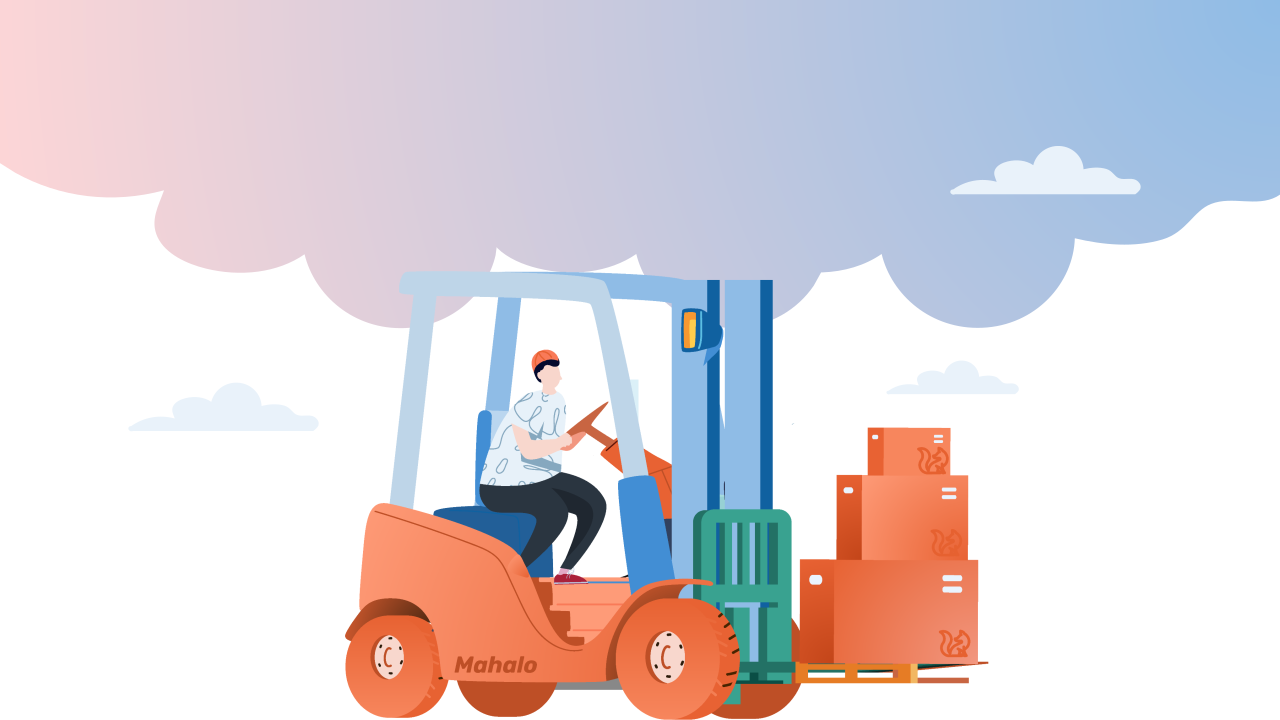Wrapping Up The 12 Days of Logistics
🎶 On the 1st day of Logistics Brandfox gave to you 🎶 Insights that boost your knowledge and keep you at the forefront of the logistics field! Check...

Benchmarking logistics performance is a vital strategy that allows companies to enhance their competitiveness and increase success. Setting goals helps workers have something to work towards and feel accomplished when they achieve the goal. While it is easy to create a strategy and goals, measuring success and performance is a whole different beast.
There are a few things you will need to take into consideration when setting company goals:
You will want to ensure that any goals you are setting are SMART goals.
Once you have figured out the most important goals for the company and customers, you will need to figure out what “meeting the goal” looks like. You can define a few key metrics that will help achieve these goals and overcome the company’s largest issues. Strong and clear key performance indicators (KPIs) ensure that your network is operating as efficiently as possible. Making your goals SMART goals will help with this, but you still need to ensure that your KPIs are all highly centered around your main business goals and are trackable. A few examples of common logistics KPIs would be:
Along with your personal goals and KPIs that you are tracking, you should benchmark against industry standards. After looking at how you compare to others, you can analyze, adapt, and improve your business operations.
By integrating various apps and softwares, you can easily track the information you need to measure your KPIs. You will be able to pull all of your data into a single, easily viewable location. Data can be overwhelming if you are trying to track too much at once, especially if it isn’t all relevant. By creating meaningful and actionable KPIs stemming from the company’s business goals, you will be able to effectively track the progress of the goals. Analyzing this data will allow for valuable insights that show what areas the company can improve in, and what areas they are doing well.
Having effective metrics and powerful KPIs that derive from your main business goals will promote operation excellence. Utilizing the data available will help the team evaluate overall performance and make data-driven decisions. Learn more about leveraging analytics in 3PL operations.
.jpg)
🎶 On the 1st day of Logistics Brandfox gave to you 🎶 Insights that boost your knowledge and keep you at the forefront of the logistics field! Check...

eCommerce is ever-evolving, with new trends popping up all the time. One trend we are following right now is social selling, specifically TikTok...